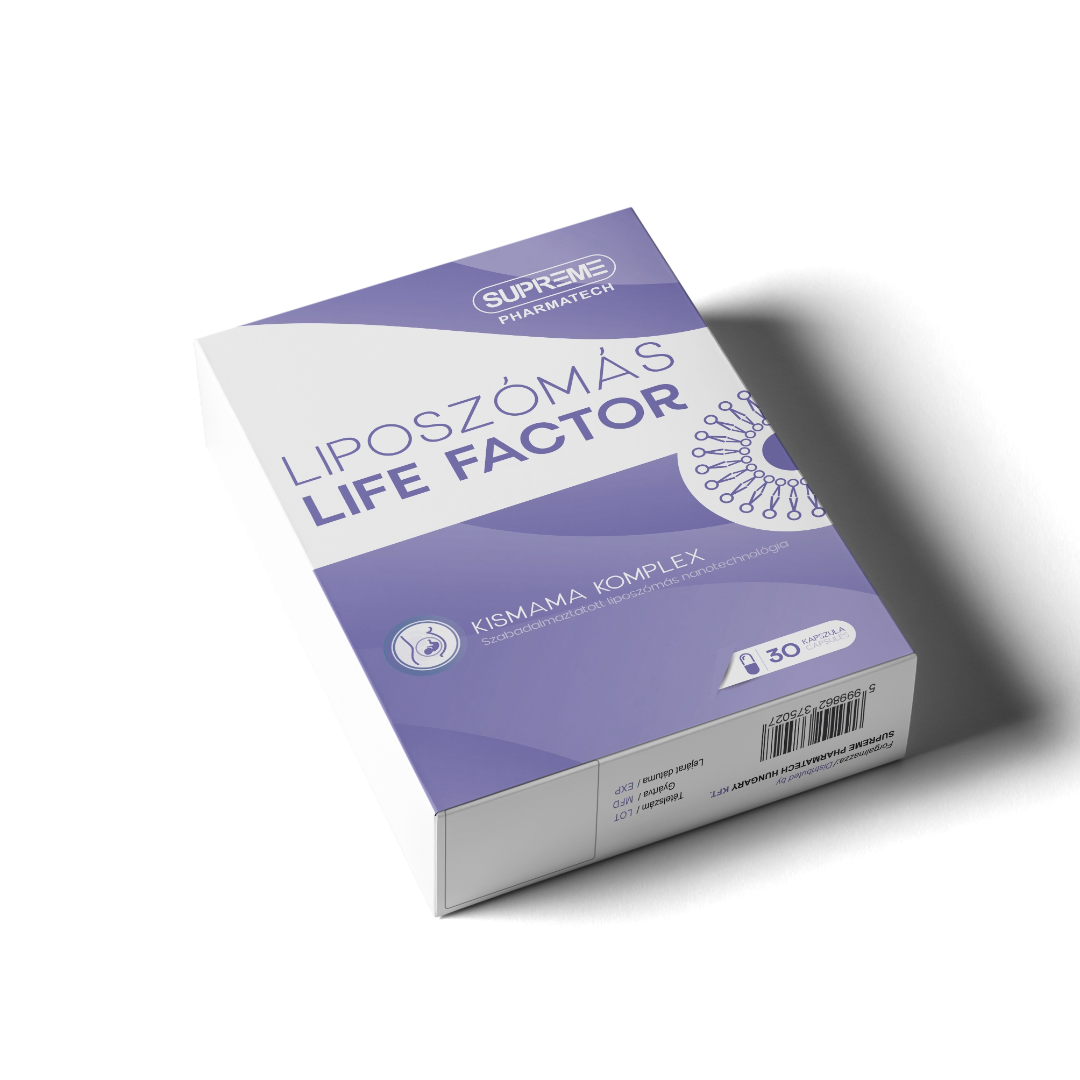
During pregnancy, it is crucial for women to ensure they are getting the necessary vitamins and minerals to support both their own health and the growth and development of their baby. Healthcare professionals often recommend specific maternity vitamins to help pregnant women meet their nutritional needs. Here is a list of the top 10 maternity vitamins recommended by healthcare professionals:
1. Folic Acid: Folic acid is one of the most important vitamins for pregnant women as it helps prevent neural tube defects in the baby. Healthcare professionals typically recommend taking a folic acid supplement before conception and during the early stages of pregnancy.
2. Iron: Iron is essential for producing hemoglobin, which carries oxygen to the baby and helps prevent anemia in the mother. Pregnant women often need to take iron supplements to ensure they are getting an adequate amount of this important mineral.
3. Calcium: Calcium is crucial for the development of the baby's bones and teeth. Healthcare professionals recommend that pregnant women consume enough calcium through their diet or by taking a calcium supplement to support both their own bone health and the baby's development.
4. Vitamin D: Vitamin D is important for bone health and immune function. Pregnant women are often advised to take a vitamin D supplement to ensure they are getting enough of this essential vitamin, especially if they are not exposed to much sunlight.
5. Omega-3 Fatty Acids: Omega-3 fatty acids, particularly DHA, are crucial for the development of the baby's brain and eyes. Healthcare professionals recommend that pregnant women consume foods rich in omega-3 fatty acids or take a supplement to support the baby's development.
6. Vitamin B12: Vitamin B12 is important for the development of the baby's nervous system. Pregnant women who follow a vegetarian or vegan diet may need to take a vitamin B12 supplement as this vitamin is primarily found in animal products.
7. Vitamin C: Vitamin C is important for immune function and the absorption of iron. Pregnant women are often advised to consume foods rich in vitamin C or take a supplement to support their immune system and ensure proper iron absorption.
8. Vitamin E: Vitamin E is an antioxidant that helps protect cells from damage. Healthcare professionals recommend that pregnant women consume foods rich in vitamin E or take a supplement to support their overall health during pregnancy.
9. Zinc: Zinc is important for the baby's growth and development. Pregnant women are often advised to consume foods rich in zinc or take a supplement to ensure they are getting enough of this important mineral.
10. Magnesium: Magnesium is important for muscle function and bone health. Healthcare professionals recommend that pregnant women consume foods rich in magnesium or take a supplement to support their overall health and well-being during pregnancy.
It is important for pregnant women to talk to their healthcare provider before starting any new vitamin or mineral supplements to ensure they are taking the right doses and are not at risk of any potential side effects. While it is possible to get many of these vitamins and minerals through a balanced diet, some women may need to take supplements to meet their nutritional needs during pregnancy. By following the recommendations of healthcare professionals and taking the necessary maternity vitamins, pregnant women can support their own health and the growth and development of their babies.
